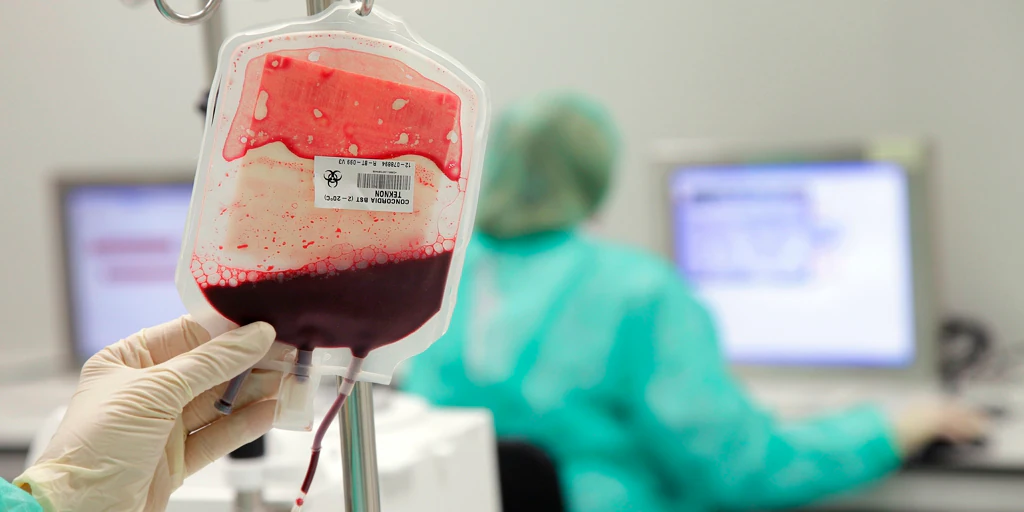The risk of new cancer after CAR-T cell therapy is low

In some cases, CAR-T cell therapy can cause tumors secondary to the treatment. Now the study, published in the New England Journal of Medicine (NEJM), was conducted on more than 700 patients treated at Stanford Medical Health Service (USA). … found that the risk of secondary blood cancer after CAR-T cell therapy is low.
CAR-T cell therapy is a cell-based cancer treatment that revolutionized the treatment of incurable blood tumors in 2017. But in November 2023, US health authorities (FDA) issued a warning about the risk of secondary cancers, especially blood cancers, that may be associated with this therapy. The warning followed reports of patients diagnosed with T-cell cancer unrelated to the cancer for which they were being treated.
However, this study followed the progress of 724 patients who received this type of treatment since 2016. Of these, 14 developed another blood tumor, but only one had T-cell lymphoma, which could have been a direct consequence of the therapy. Moreover, subsequent analyzes excluded this association.
The results are clear: the risk is about 6.5% within three years of therapy. In the only case of fatal secondary T-cell cancer, the researchers found that it was likely due to immunosuppression caused by CAR-T cell therapy rather than CAR-T cell therapy. The weakened immune system allowed pre-existing but previously undetected cancer cells to begin to grow rapidly in the patient’s body.
The study’s findings may alleviate some of the concerns raised by “black box» from the FDA: a prominent border on drug labels warning of risky side effects.
Most importantly, however, it may help researchers identify potential recipients of CAR-T cell therapy who are at higher risk of developing secondary cancers.
Although these patients are unlikely to forego potentially life-saving treatment to avoid a small risk of developing cancer in the future, they can be controlled carefully after receiving therapy or careful screening for other cancers before starting CAR-T cell treatment.
Goodbye worries
As Manel Juan, head of the immunology service at the Barcelona Hospital Clinic, told Science Media Center, “it shows in black and white what others have already shown: problems are nothing more than that, and minor events are not in any way dependent.” describes CAR-T therapy itself very clearly.
In this sense, Ignacio Melero, CIMA researcher and co-director of the Department of Immunology and Immunotherapy at the University Hospital of Navarra, notes that the important message is that “the risk of malignant transformation of CAR-T cells is not zero, but probably “it is very low.”
Melero notes to SCM that “the risk-benefit ratio is clearly very favorable if we are talking about the treatment of leukemias, lymphomas or myelomas, but may become questionable for the treatment of autoimmune diseases, especially children, such as neonatal systemic lupus erythematosus. “This work suggests that the risk of CAR-T cell-derived T lymphomas should be very low and perhaps tolerable in these non-malignant disease indications.”
